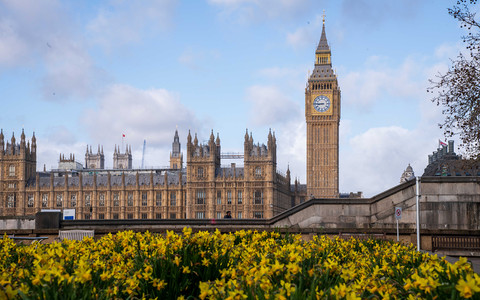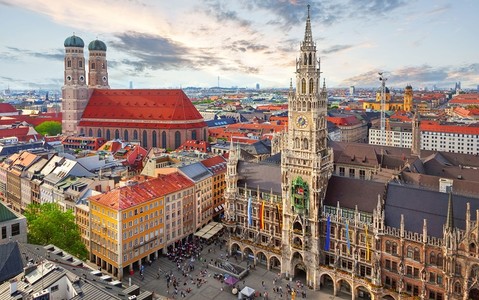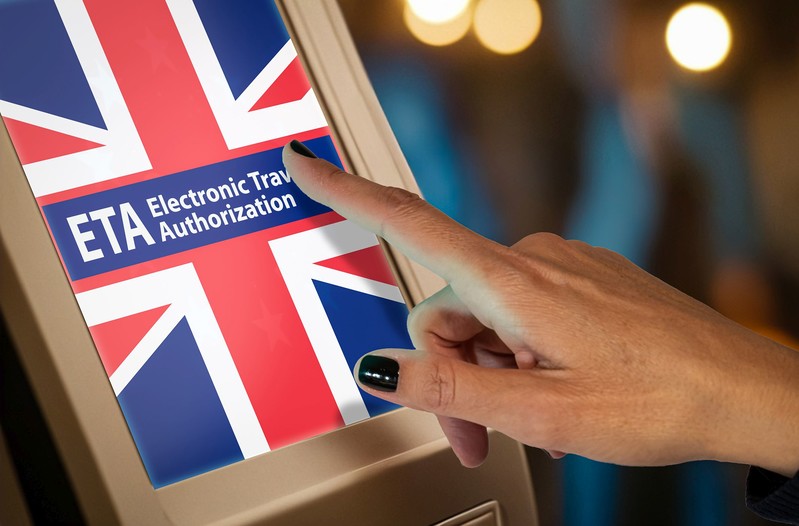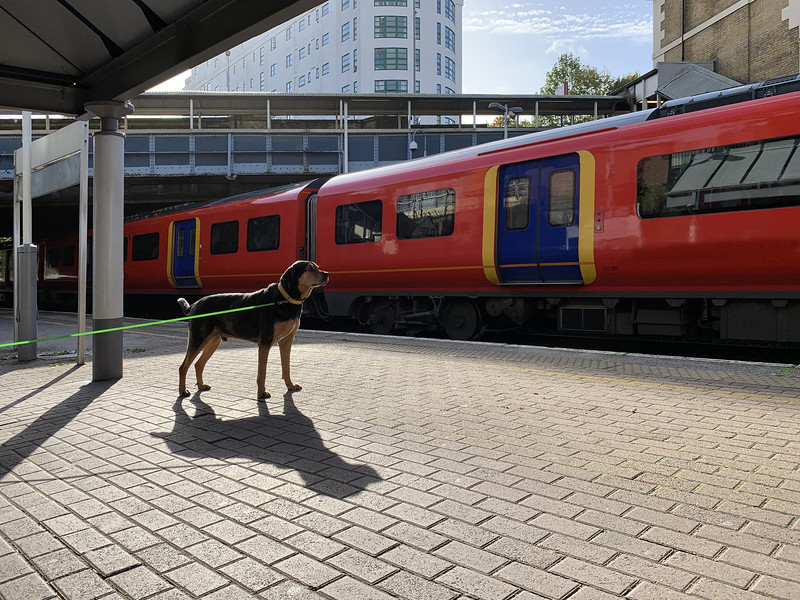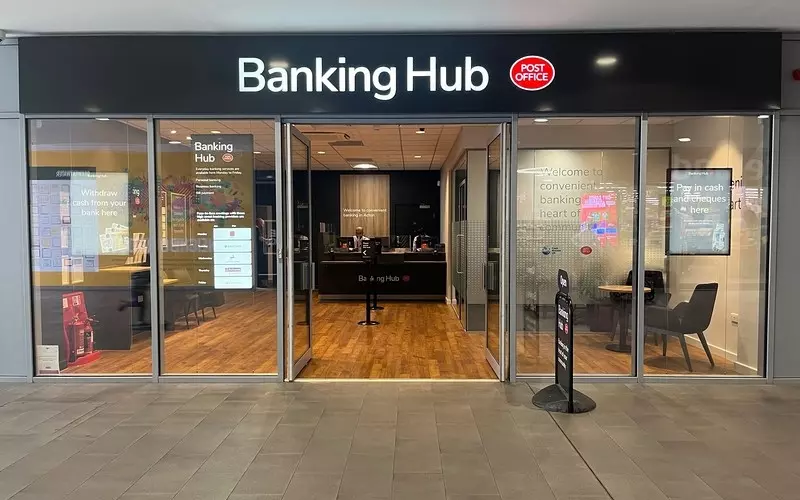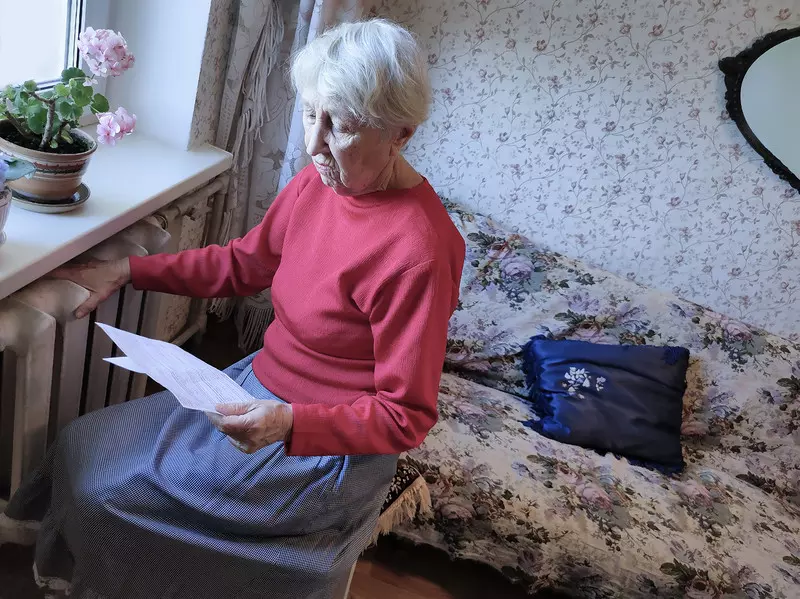The Rise of Digital Nomads in the UK: Why More Poles Are Working Remotely

Entertainment in a Nomadic Lifestyle: More Than Work
Services like Netflix, Amazon Prime, Disney+, and Spotify allow users to access content across different regions (though sometimes with region restrictions). Nomads often juggle multiple subscriptions or use VPNs/region-aware tools to unlock content libraries across countries.
Online Shopping and Digital Commerce
Global e-commerce is a staple. From clothing and gadgets to local artisanal goods, nomads are adept at ordering online and shipping or picking up in co-working hubs. Many value platforms that bridge countries (for example, Polish goods delivered in the UK, or UK-based perks shipped to elsewhere in Europe).
Gaming, Virtual Worlds and Social Platforms
Video games, social VR, and virtual events keep nomads connected to global communities. These are especially useful when in remote locations or in between travel.
Casinos, Betting, and Niche Entertainment
For some, the flexibility of remote life leads to exploring unconventional leisure pursuits online. Remote workers can explore less common online entertainment when traditional options are unavailable or restricted. This can include using niche platforms, such as gambling sites not on gamstop UK, which lie outside the mainstream exclusion frameworks. Remote professionals often look beyond standard digital habits, especially when traditional services are limited by region or availability. They might also stream international content, game online, shop across borders, or dive into creative hobbies like digital art and music production.
Because nomads move across jurisdictions, they often navigate different legal environments for entertainment. Some platforms are geo-restricted, others operate legally only in certain territories. Thus, nomads balance convenience, legality, and personal preference.
Why Polish Professionals Are Drawn to a Nomadic Lifestyle in the UK
Poland has long supplied skilled labour across Europe, especially in technology, design, marketing, and finance. Many Polish professionals in the UK are already in sectors that lend themselves to remote work. As both UK and European companies lean further into hybrid models, these individuals are well-placed to transition from office to nomadic setups.
Although I did not find a reliable figure for exactly how many Poles in the UK have transitioned to full nomad lifestyles, the broader trend is clear: remote and hybrid work continues to grow in popularity across the UK workforce. Forbes reports that British workers account for about 8% of the global digital nomad community, and that an estimated 165,000 UK nationals currently identify as digital nomads.
Professionals generally have fewer fixed commitments and more tolerance for flexibility. For Poles especially, the combination of cross-cultural fluency (Polish/English), EU connections, and existing networks make the UK a logical anchor for a semi-nomadic life.
Cost Arbitrage and Lifestyle Options
One compelling feature: by keeping their income tied to UK or European clients while relocating to lower-cost regions (say, parts of Poland, Eastern Europe, or rural UK), nomads can stretch earnings further. Some opt for a UK base for administrative, tax, or legal ease, then spend months at a time elsewhere. The UK remains a relatively stable platform from which to pivot.
That said, many also stay within the UK but rotate between cities, regions, or remote-work-friendly rural enclaves. The UK’s varied geography, from coastlines to countryside to vibrant cities, offers lifestyle variety even without leaving national borders.
Infrastructure, Connectivity, and the Digital Foundation
For remote professionals, reliable digital infrastructure is non-negotiable. Whether it’s running client calls, syncing large design files, or accessing remote servers, strong broadband is what enables work without boundaries. The UK has made real strides in this space over the past few years, though regional inequalities still play a role.
Broadband and Network Speed
Gigabit‑capable broadband is available to roughly 88.8% of premises across the UK, with full-fibre connections reaching over 80%. This puts the UK on track to meet its 2025 target of 85% coverage, according to Ofcom. The numbers are backed by heavy government investment through Project Gigabit, which continues to prioritise hard-to-reach areas. The long-term aim: 99% of premises covered by 2032.
That progress is real, especially in rural England and Wales, where the government recently signed contracts to bring high-speed fibre to over 130,000 homes and small businesses. More than 1.19 million premises have already benefited from publicly funded upgrades since 2024, showing that rollout is accelerating.
Still, disparities remain. Urban areas typically enjoy strong, stable connections, but high density can lead to congestion. In fact, in a recent performance ranking of 60 UK locations for remote work, London placed dead last in average broadband speeds. It’s a reminder that even the capital isn't immune to digital bottlenecks.
For nomads, this means location scouting is part of the job. Many will test speeds before booking a rental, consult forums or expat communities, and seek out cafes or co-working spaces with verified connections.
Co‑Working, Cafes, and Hybrid Hubs
Home WiFi isn’t always the best option, especially when travelling. That’s why co‑working venues, cafés with robust internet, and hybrid-friendly hubs are now part of the digital nomad toolkit. UK cities like Manchester, Bristol, and Edinburgh have embraced this shift with an array of freelancer-focused venues offering day passes, month-to-month rentals, and drop-in lounges. In rural areas, pop-up hubs or converted public buildings often fill the gap.
Nomads typically choose locations that combine decent speeds with a strong “third space” culture. It’s about more than bandwidth, it’s about being able to plug in and work without friction, wherever you are.
Travel Infrastructure and Mobility
Mobility is what defines nomadic life. The UK’s rail network, domestic flights, and reliable intercity buses make it easy to relocate every few weeks if needed. Many nomads take advantage of this, hopping between vibrant cities and quieter regions throughout the year.
For Poles working in or from the UK, the travel perks extend internationally. Proximity to major airports like Heathrow, Manchester, and Edinburgh keeps Europe within easy reach. Whether heading home to Warsaw or chasing better weather elsewhere in Europe, the UK serves as a practical, well-connected launchpad for remote living.
Remote Work Numbers in the UK: Scale and Direction
Digital nomadism overlaps with hybrid and remote work, but it’s more specific: a lifestyle of mobility, not just working from home. Reliable UK-wide data on people based in the UK who lead nomadic or mobile‑first careers is scarce, but trends and adjacent statistics help sketch a picture.
The latest figures show that 44% of the UK workforce spends at least some time working remotely in 2025. Hybrid working is also entrenched: more than a quarter of workers in Great Britain (28%) were hybrid workers between January and March 2025. Fully remote roles have shrunk relative to peak pandemic levels; about 16% of workers now work entirely from home.
While these numbers include many who remain tied to a fixed UK base, they reveal the structural support enabling nomadic tendencies. Remote infrastructure and work culture give many professionals the option to relocate within the country or partially abroad.
In the absence of direct data on Polish digital nomads based in the UK, surveys suggest growing interest among young professionals in tech, design, marketing, and freelancing circles. The Polish diaspora’s existing networks in cities like London, Manchester, Leeds, and Birmingham help lower the barrier for nomadic migration between UK regions. Over time, as more report living mobile lifestyles, this could shift into measurable trends.
Tips for Success: How Polish Nomads Navigate UK Life
Vet Connectivity First
Before relocating, check local broadband providers, speeds, stability, and co-working availability. Use tools like speedtest.net from past tenants or neighbors.
Mix Base and Rotation
Many adopt a hybrid model: half the year in a UK base, half in another EU or lower-cost location. That reduces uprooting costs while preserving flexibility.
Use Multi-Platform Entertainment
Keep a flexible toolkit: streaming apps, cross-border access, global gaming platforms, online commerce. That way, downtime feels familiar even when moving.
Engage Local Communities
Join coworking hubs, local professional groups, ethnic or Polish diaspora meetups. Community anchors help mitigate isolation.
Track Legal and Tax Status
Consult experts when combining residence in UK and abroad. Understand visa, residency, and double taxation treaties. If you maintain a UK base, document durations, expenses, and income flows.
Is This Trend Here to Stay?
Digital nomadism is no longer an exotic fringe life, it’s becoming part of how many modern professionals structure their careers. The UK remains a strong base for many due to connectivity infrastructure, mobility, and professional opportunities.
Within the Polish community in the UK, we expect further growth: as professionals embrace remote-capable roles, more will test semi-nomadic lifestyles. The balance between rooted and roaming is likely to define the next generation of UK-based nomads.







